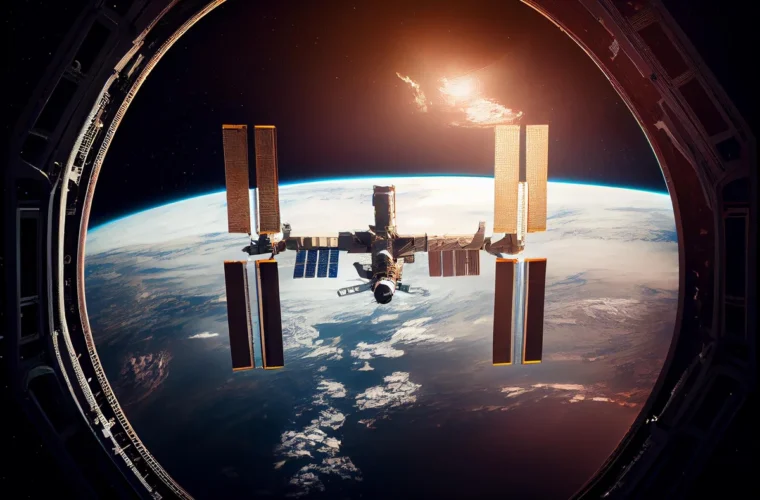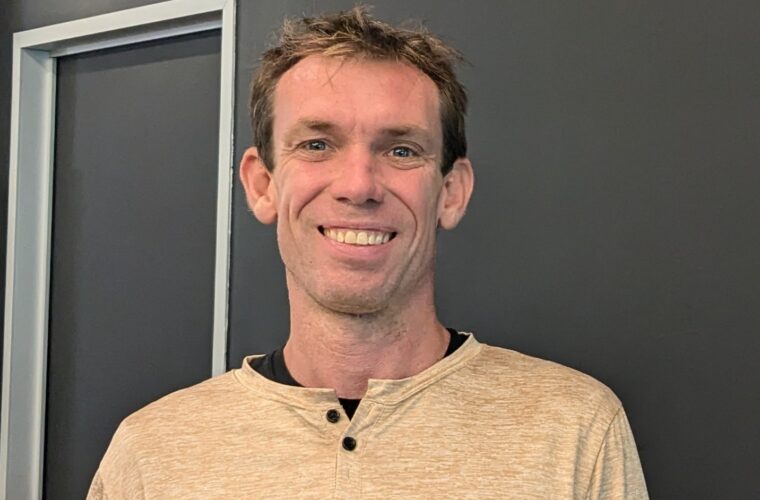Meet the talent: Theofanis Matsopoulos, Planetarium Film Creator
Place of residence: Athens, Greece
Position: Planetarium Film Creator – Visual Science Communicator
Please describe a day in your life
A day of my life when I am at home, I usually wake up at about 8 o clock. At 10, I start to work in my studio on various projects such as documentaries, photo editing, creation of scientific visualizations, etc… I try to meet family and friends at night for dinner and a drink.
When I am on a video-photographic expedition in remote places, my days are much more exciting because I meet new people, see new locations and face new challenges.
How many projects are you currently working on? Please describe them
Currently, I am working on a new project about the US observatories. It is about developing new educational material, videos, and documentaries about these observatories’ observations and scientific discoveries. Also, I am working on other projects, such as creating a new planetarium documentary about the environment, and when I have the chance, I will enrich my portfolio of astronomical pictures that I capture with my telescopes.
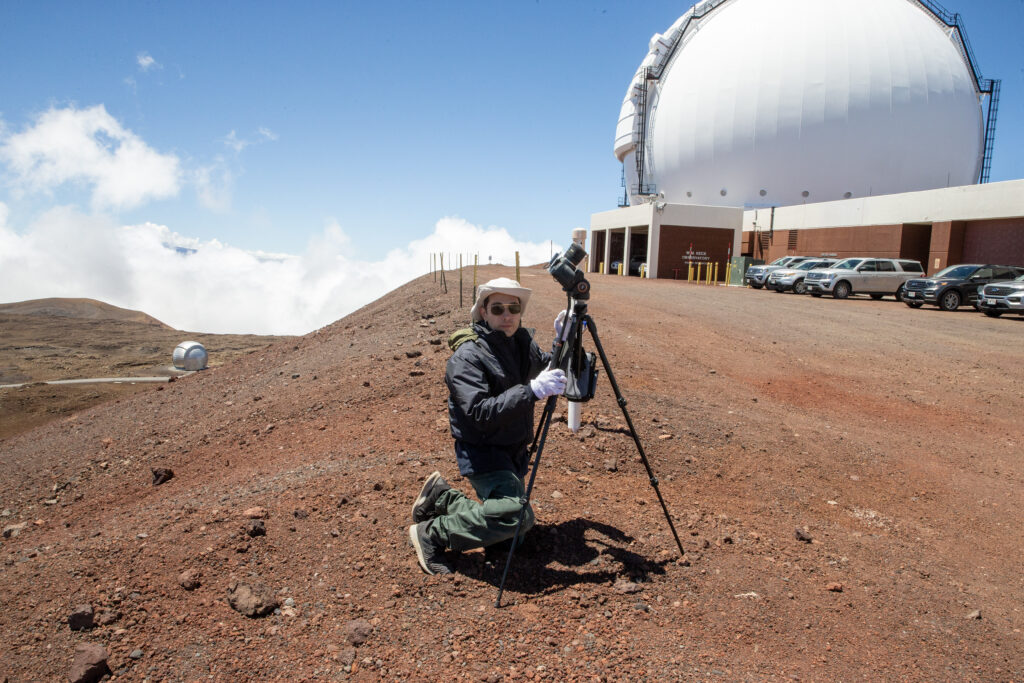
In your opinion, who is the most influential person/company in the world of technology these days?
With the extensive use of AI, Nvidia is the most influential company in the world because AI models require thousands of graphics processing units (GPUs). This also benefits my field of work because GPUs make video and graphic creation faster and better.
If you could pick one app/product/project existing now that you wish you were involved in, what would it be?
I would like to be involved in designing and developing a new modern science centre.
How do you see technology evolving in the next ten years?
The technology of the planetariums will evolve significantly in the future. The hemispherical projection screens will be replaced with LED panels. This new technology – already existing – will provide extra luminous, high-resolution videos. Consequently, digital video cameras will increase their resolution to at least 16k. These new high-resolution videos will be very demanding in post-processing, and thus, extremely powerful computers will be needed.
Furthermore, this technology is very expensive and beyond the grasp of the average planetarium now, but soon will be cheaper. With such a resolution and brightness, the immersive experience will be astonishing.
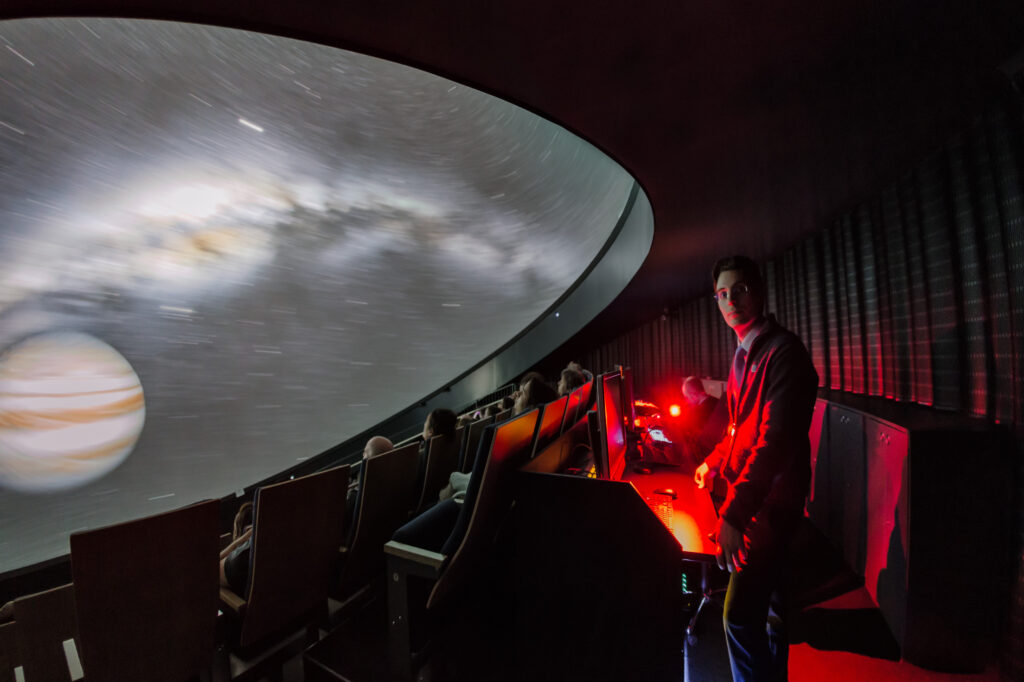
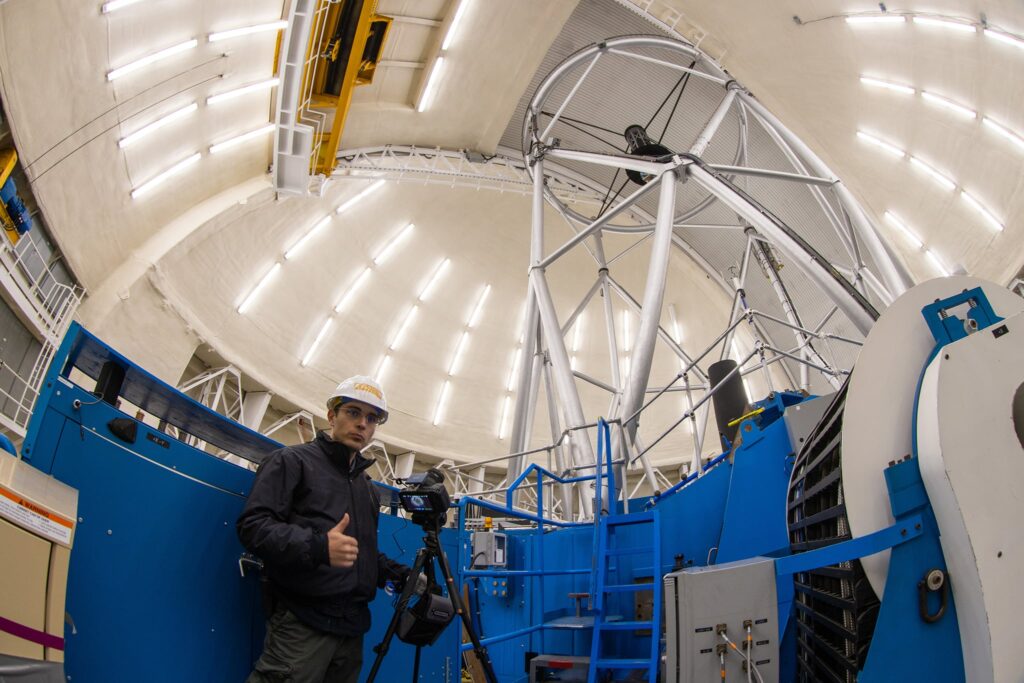
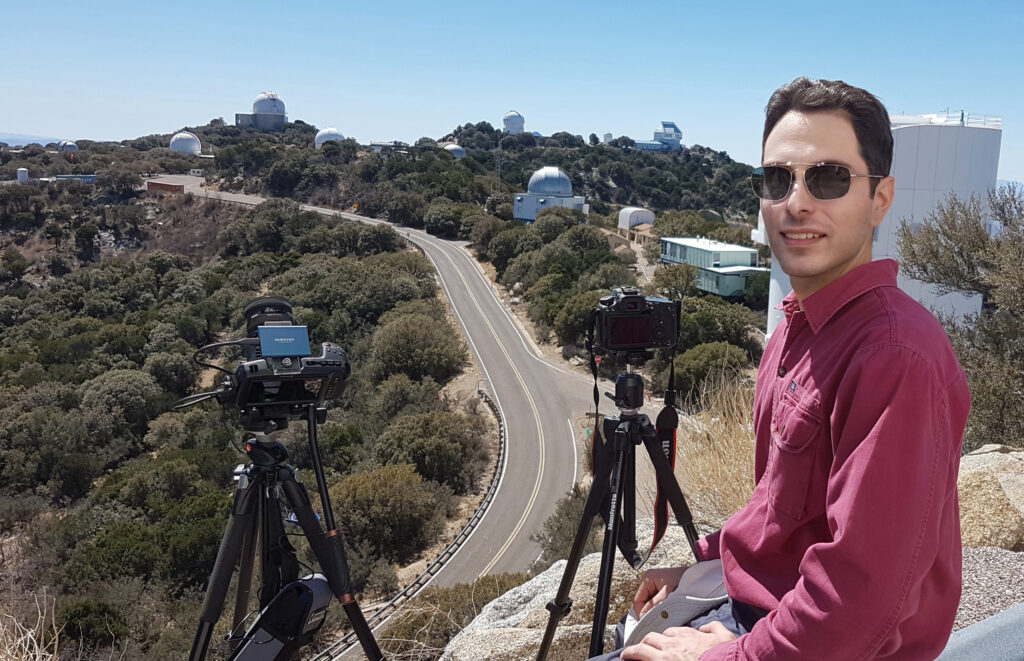
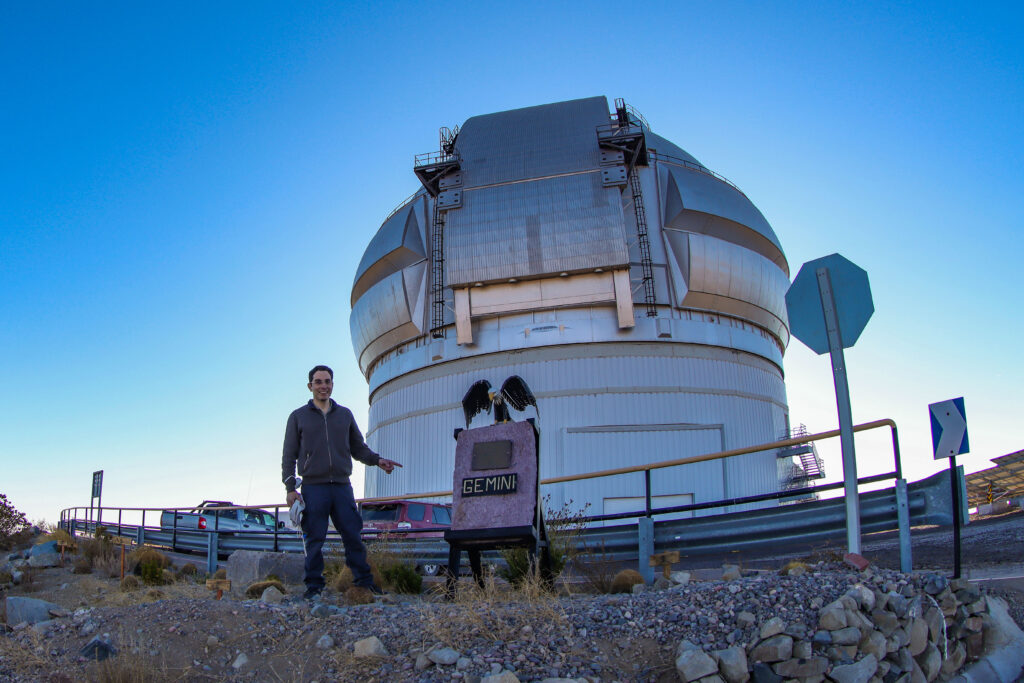
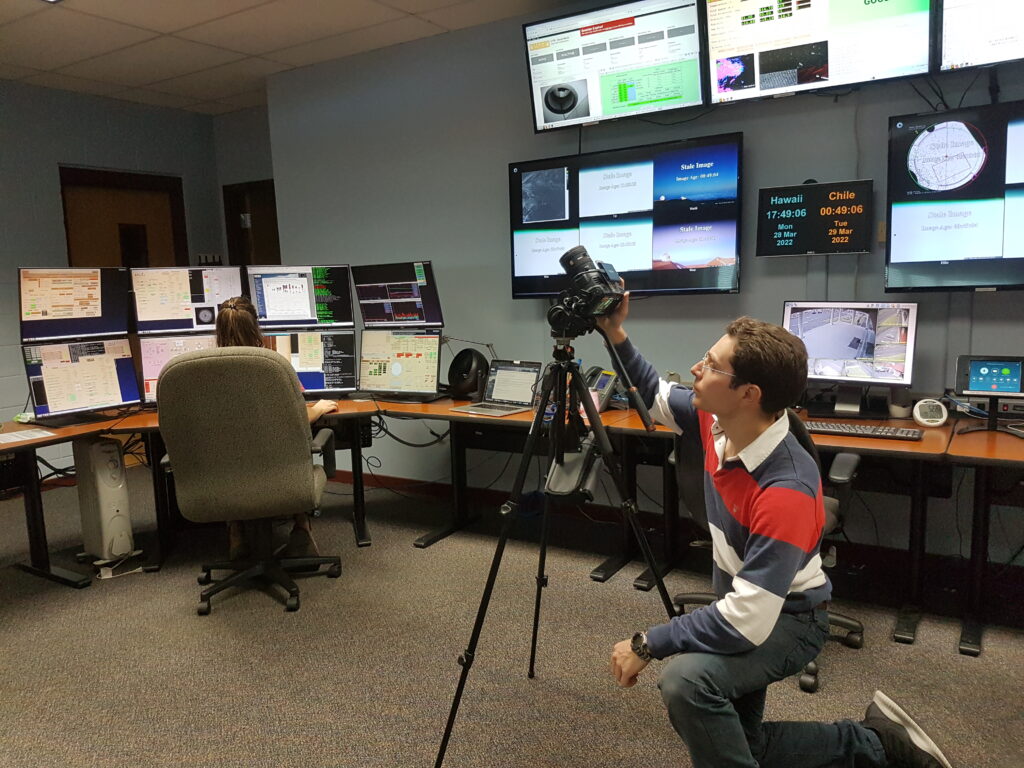
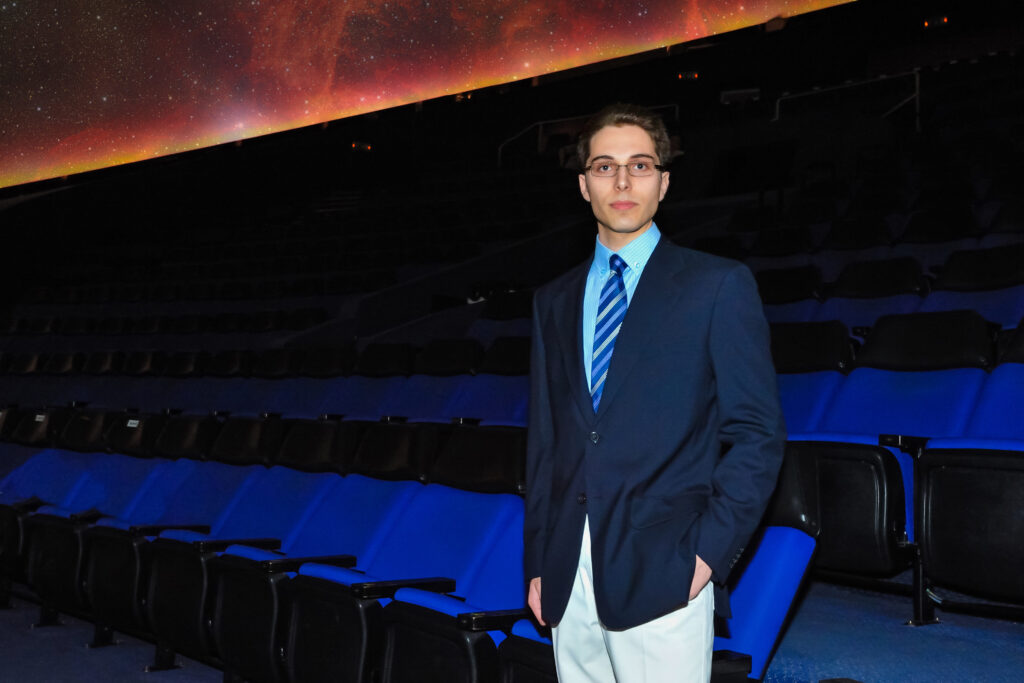
What are the three characteristics you have that make you successful in your field?
First of all, my products are made of high quality.
Second, I am reliable, and I always respect the deadlines.
Third, the documentaries I create are educational and scientifically valid.
What is the most challenging thing you had to deal with during your career?
The most challenging thing in my career was to devise innovative techniques to capture real-time high-resolution videos for planetariums at a time when digital cameras could not provide sufficient resolution.
What is your greatest achievement up until today?
My greatest achievement is that my films have been presented worldwide. For my film “From Earth To the Universe” has more than 30 translations and it has been presented in more than 700 planetariums worldwide.
What is your next goal?
My next goal is to make high-end productions that will engage the audience in the world of science.
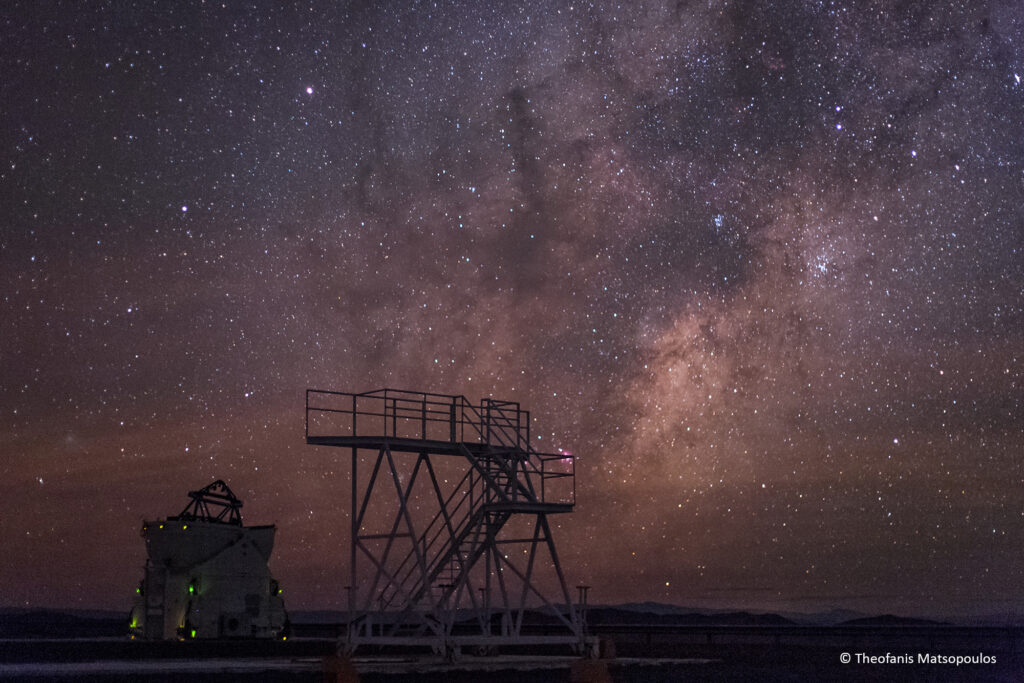
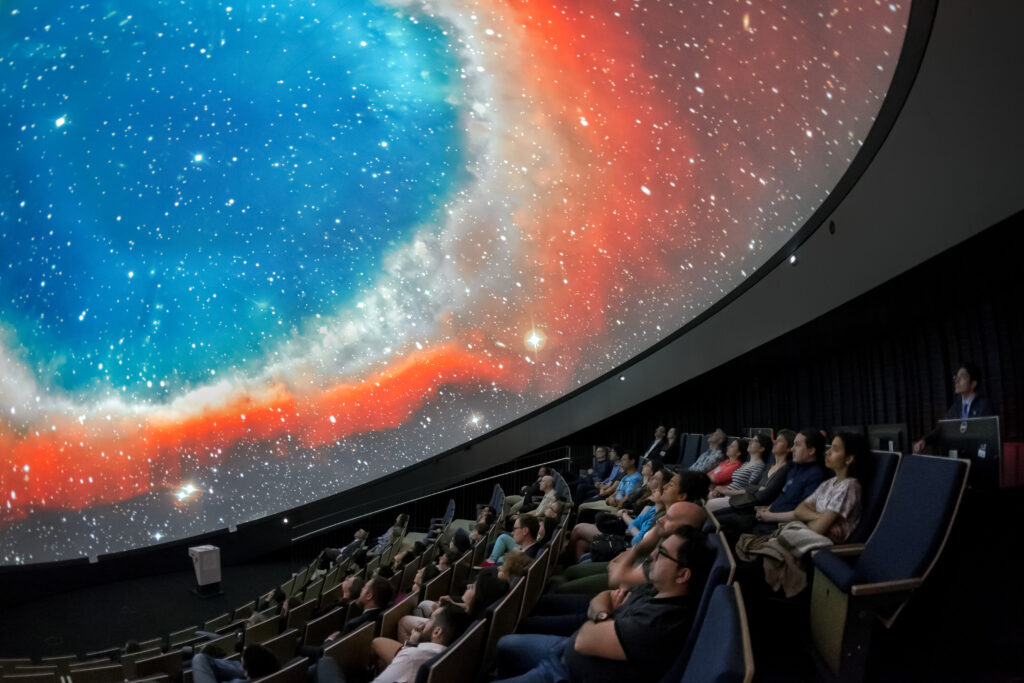
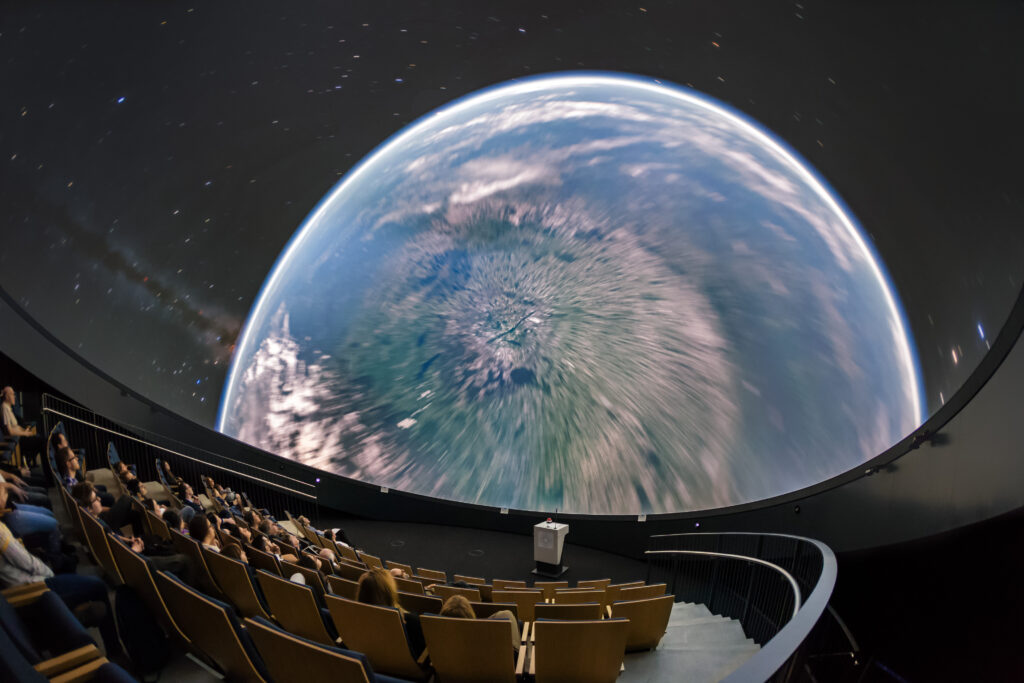
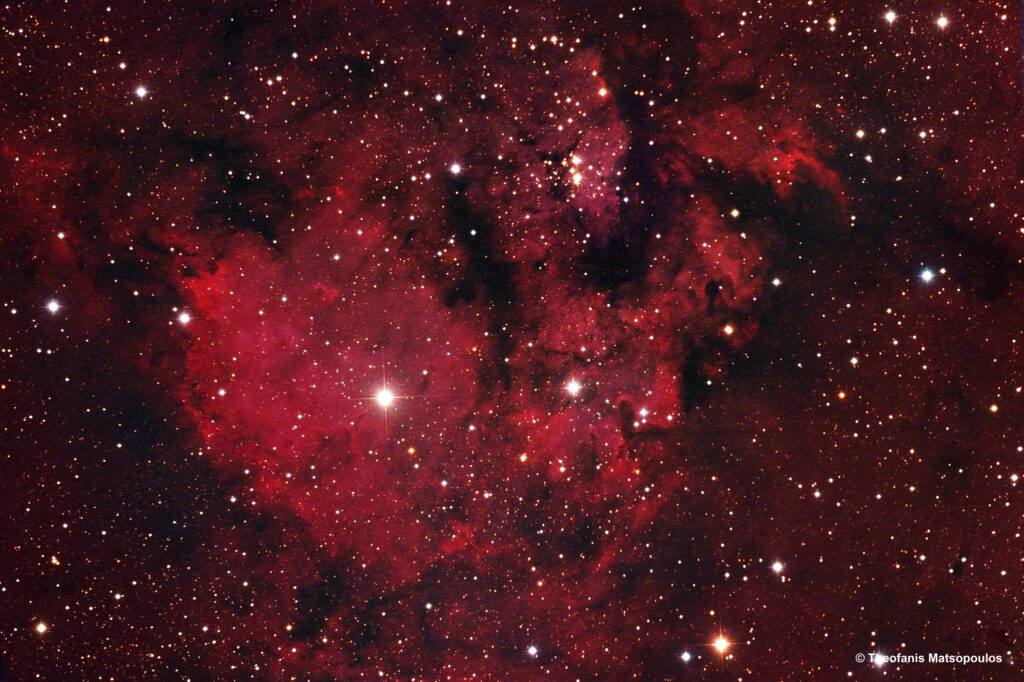
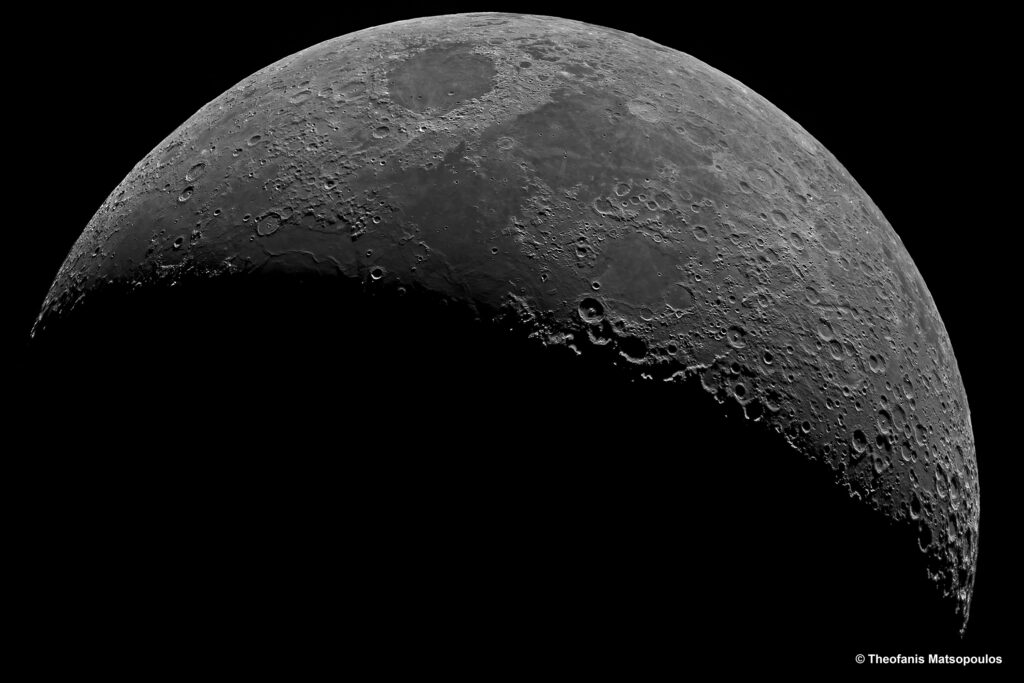
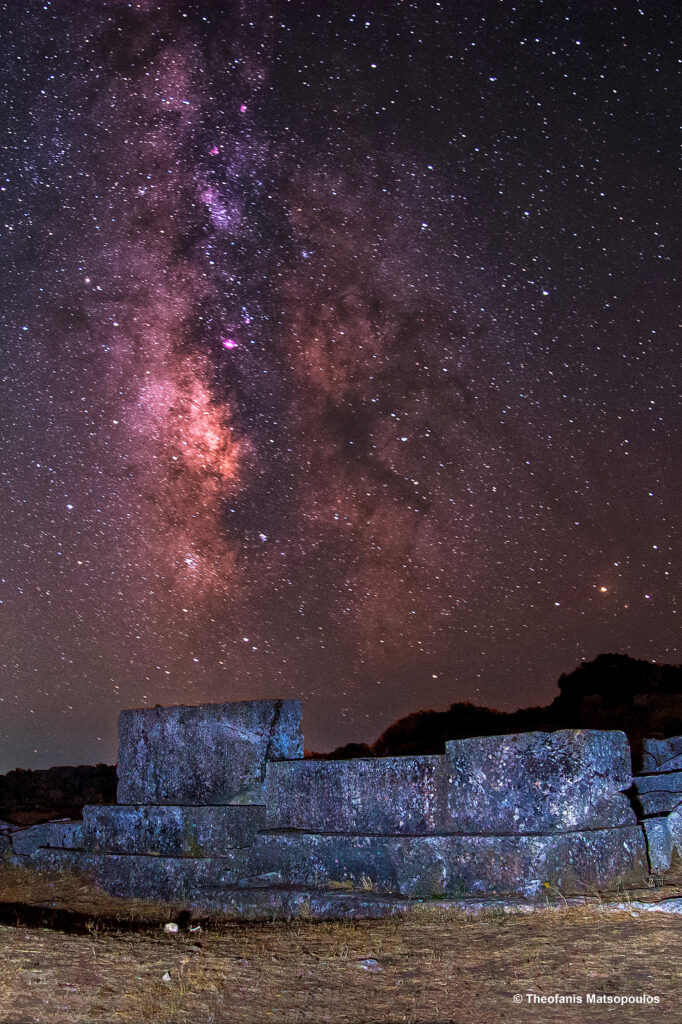
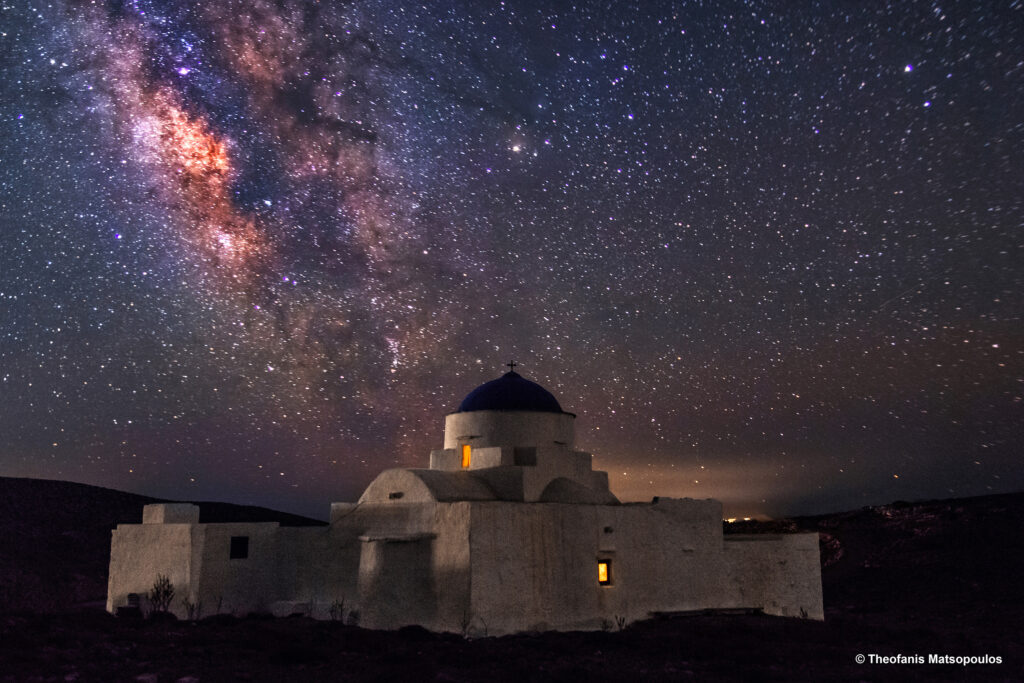
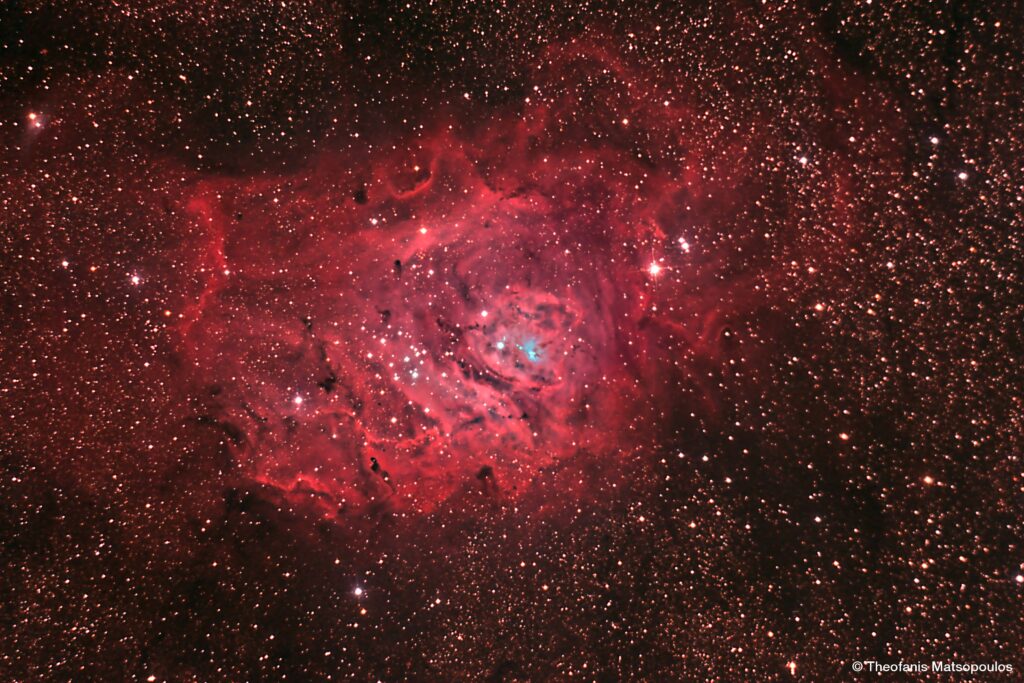
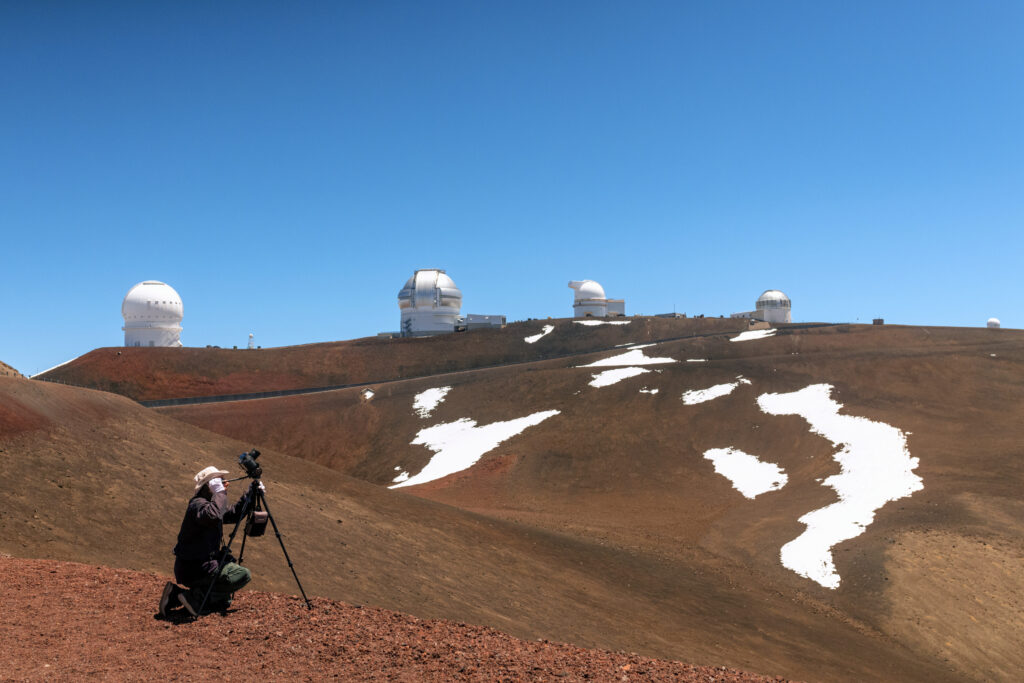
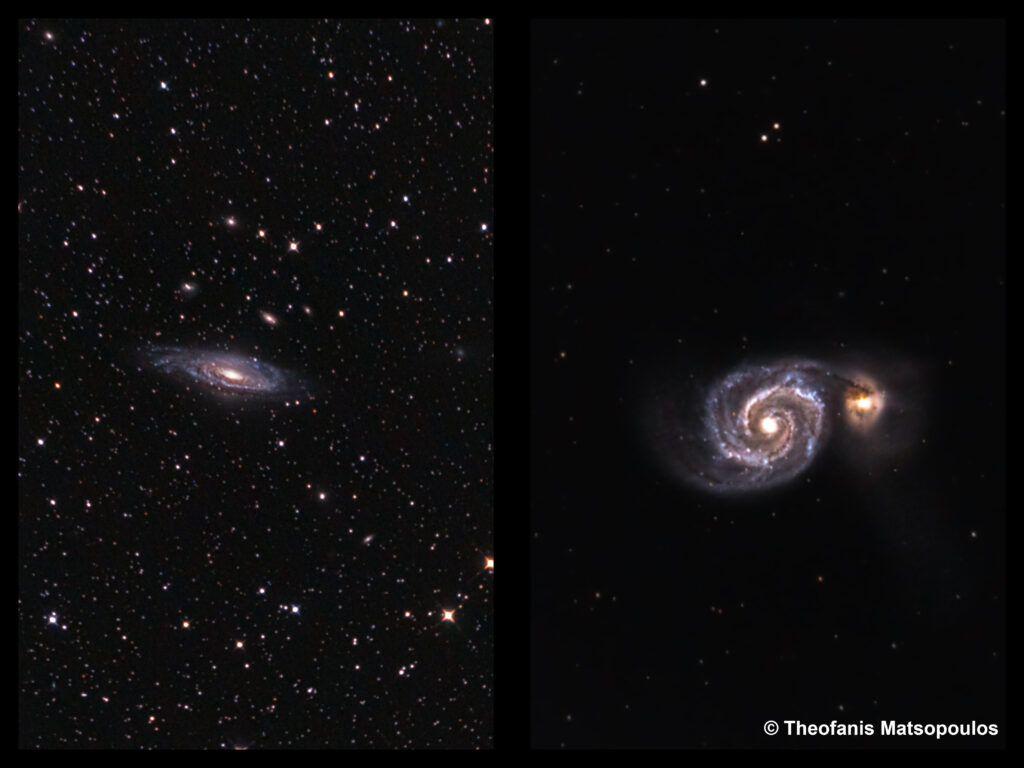
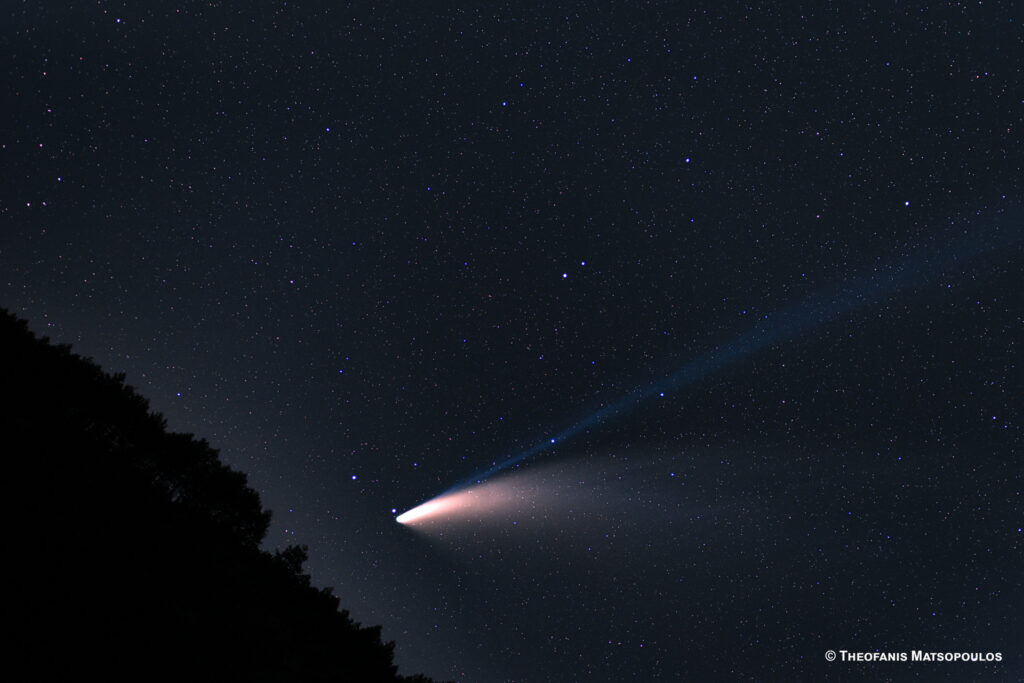
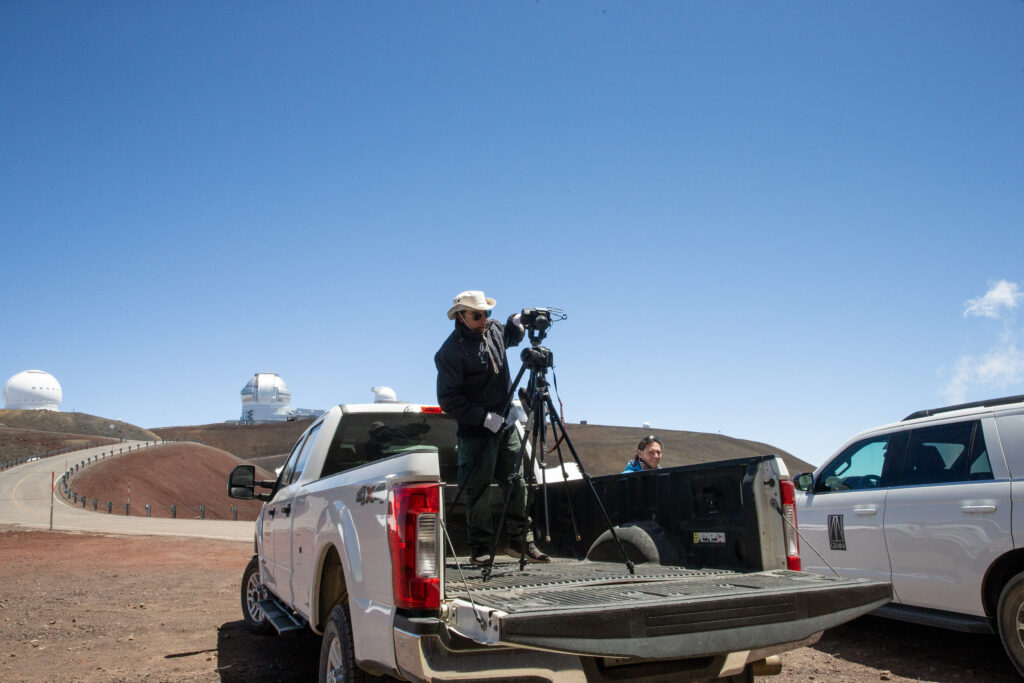
What tips do you have for people wanting to start in the tech world?
I would advise them to dare, not to be disappointed in failures, and to work very hard to fulfil their dreams.
If you could say something to your younger self, what would it be?
To be even more productive!
What is the invention of the century in your eyes?
In my opinion, the invention of the century is the construction of huge, versatile space telescopes, which will expand enormously our knowledge of the Cosmos.
What can’t you do without? (app/product…)
I can’t do anything without my powerful computers.
Which famous person would you like to have dinner with and why?
My favourite person I would like to have dinner with, if he was still alive, is Carl Sagan to discuss his life philosophy and unique approach to Science.
Where would you like to travel next?
I would like to film and experience the Aurora in the Arctic region.
If you were asked to stay on a deserted island for six months, what three things would you take with you?
A telescope, a photographic camera, and an exciting book.
Do you have a person who influences or motivates you?
My father always encourages and supports me in everything I decide to do.
What did you dream of creating/inventing/doing as a child?
When I was a child, my dream was to create machines and construction!
What is the biggest challenge of doing astrophotography?
The biggest challenge in doing astrophotography is to make the equipment work properly!
What impresses or inspires you the most when you take photos?
The capacity to capture natural objects and phenomena that cannot be perceived with the human senses.
How do you see the future of astrophotography?
Astrophotography is only a hobby, and it will remain so because it will never surpass giant telescopes and professional instrumentation.

